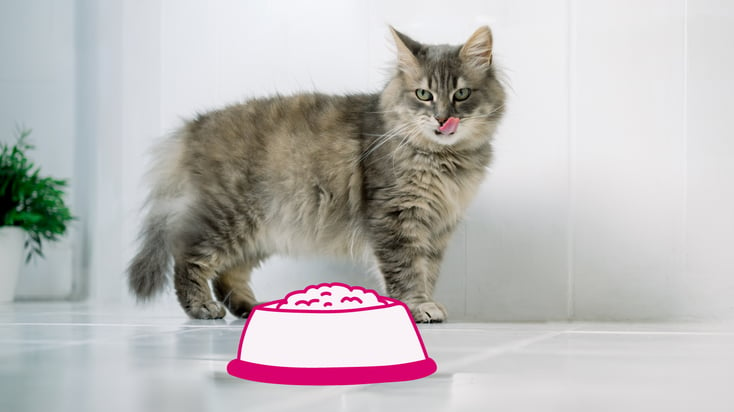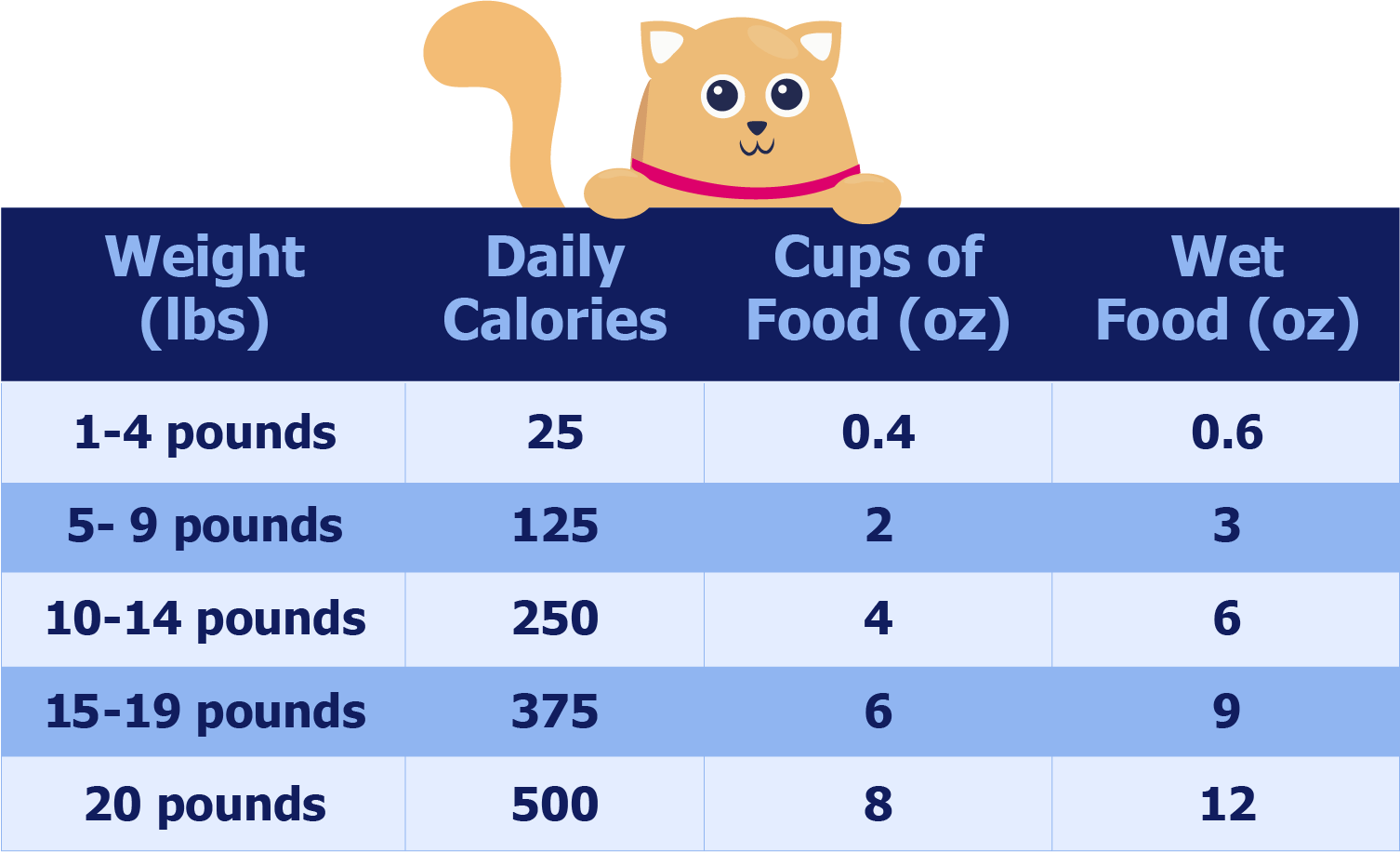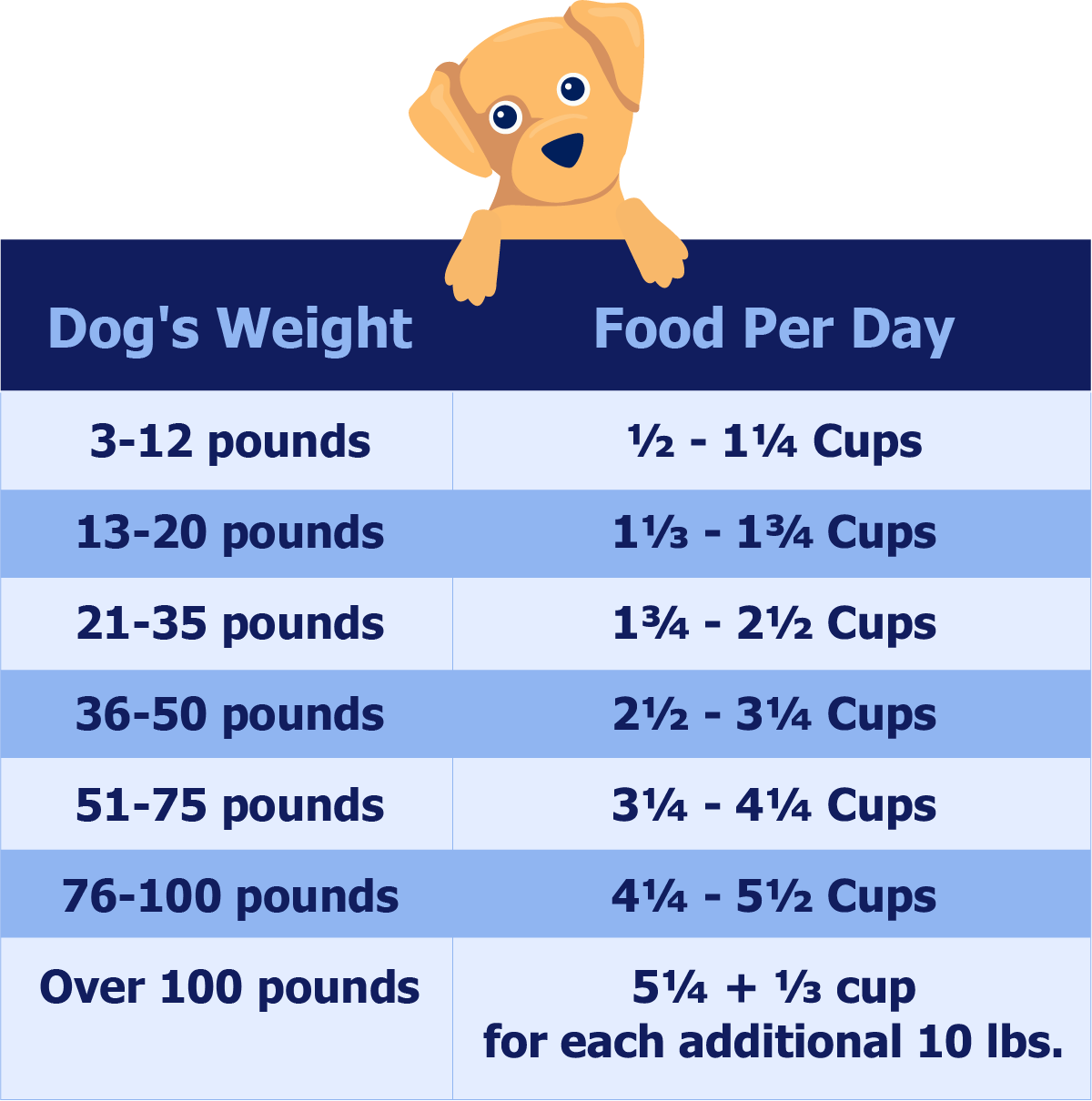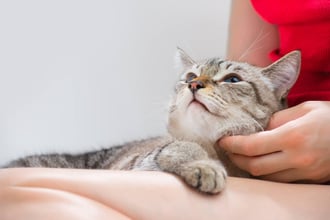A Guide to Senior Cat Food: How to Feed a Geriatric Cat

Does your senior cat need senior cat food? As a veterinarian with BetterVet, I will answer this and other questions about senior cat nutrition.
When cats age, their nutritional needs shift. They become less active and their bodies require different support.
Key Takeaways:
-
Cats enter senior years around 10, but signs may appear earlier. Keep an eye on their health and adjust their diet with veterinary guidance
-
Senior cat food addresses concerns like hydration, activity levels, and weight management and supports joints, digestion, and urinary health.
-
Geriatric cat food is lower in calories and fat and may have formulas for kidney support or digestion.
-
Regular checkups at least every 6 months are vital for monitoring your senior cat's health and adjusting their diet.
Read on for all the information you’ll need to choose the right diet for your senior cat.
When is a Cat Considered a Senior?
According to the AAFP (American Association of Feline Practitioners), cats are considered seniors after the age of 10, although it's common for cats to live into their 20s. However, many veterinarians begin addressing senior-related concerns as early as age 7.
The Changing Nutritional Needs of Aging Cats
As our furry friends get older, their nutritional needs and habits change. Here are some factors to consider when caring for a senior cat:
Hydration
Cats notoriously are not great drinkers, so the more hydration we can get into them, the better it is for their kidneys, digestion, musculoskeletal, coat, and overall well-being.
Dehydration can lead to health complications such as:
- Constipation
- Urinary tract problems
- Worsening kidney disease
- Weakness
- Electrolyte imbalances.
Activity Level and Weight
Some senior cats will experience weight loss, often due to underlying health conditions such as kidney disease or hyperthyroidism. Additionally, reduced activity can contribute to muscle mass loss.
Conversely, reduced activity and a slower metabolism can lead to weight gain in senior cats. Overweight cats are at risk of developing diabetes, heart disease, joint issues, and urinary tract problems.
The Right Diet can Help These Common Senior Help Problems
-
Kidney disease: Choosing the right diet can help reduce the workload on the kidneys, increase hydration, and provide essential vitamins
-
Hyperthyroidism: This condition increases metabolic rate and calorie demand
-
Arthritis: To help manage arthritis and prevent weight gain, consider supplements like omega-3 fatty acids or glucosamine for joint health. Additionally, place food in easily accessible areas and elevate bowls to help those cats that may be reluctant to bend down due to arthritic pain.
-
Dental disease: Many senior cats benefit from soft or wet food as they age as dental issues become more prevalent in senior cats
-
Urinary tract disease: Some senior cats may develop urinary problems such as crystals or cystitis, which can be corrected or improved with the proper diet.
Picking the Best Senior Cat Foods
Here's what to look for when choosing the most nutritious food for your cat:
-
Select high-quality cat food formulated for seniors, typically lower in calories and fat, to prevent weight gain.
-
Look for specific formulas tailored to address underlying health issues such as kidney disease promoting digestive health.
-
Some formulations may contain antioxidants, vitamins, and minerals to support the immune system.
-
Consulting your veterinarian can help determine the best senior diet for your cat.
How Much to Feed a Senior Cat
Follow these guidelines to ensure your feline friend receives the nutrition they need:
-
Refer to the feeding recommendations on the selected diet to determine appropriate portions.
-
Veterinarians can help determine the exact amount to feed your cat depending on their specific nutritional needs and tailor the feeding plan based on your cat's specific dietary requirements.
-
Monitor your cat's weight regularly, as subtle changes over time are easy to miss and can indicate underlying health issues.
-
Some senior cats benefit from smaller, more frequent meals throughout the day.
-
If adding toppers or other tasty morsels, make sure to remove some calories from their primary diet, especially if they are prone to weight gain.
-
Create a peaceful feeding environment by placing food and water bowls in quiet areas away from distractions.
-
Some seniors prefer wide, low-sided water and food bowls that don´t touch their whiskers.
How Much Should I Feed My Pet?
View Results
How Much Should I Feed My Pet?
For guidance on your pet’s nutrition and optimal weight, schedule a home or virtual vet visit.
For guidance on your pet’s nutrition and optimal weight, schedule a home or virtual vet visit.

Share Quiz
Tips for Picky Eaters
Cats can be picky eaters, and this trend can intensify with age. Some cats' sense of taste and smell can decline with age, leading to a decreased appetite.
Here are some tips for your picky feline that you can try at home:
-
Strong-smelling food, chilled or warmed food, toppers, or fresh food may be appealing to your cat and help with appetite.
-
Try different textures to see which your cat prefers - pate, chunky food, or heavy gravy-based food
-
Add supplements to your cat’s diet: Omega 3 supplements support joint and skin and coat health. Glucosamine also promotes joint health. Probiotics are beneficial for senior cats´ gut health (always consult your veterinarian first).
Conclusion
Picking the right diet for your senior cat is just as important as it is at their other life stages. Book an in-home nutritional consultation with BetterVet to ensure you are feeding the proper diet and amount to promote the best quality of life in your feline friend’s golden years.
Additionally, scheduling regular checkups every 6 months will help ensure your cat stays healthy and happy.
Discover the Recipe for a Healthy Pet
Consult with one of our vets about your pet’s nutritional needs and long-term health.
Frequently Asked Questions
Can senior cats eat kitten food?
It is NOT recommended to feed kitten food to senior cats as kitten food is formulated to promote healthy growth & development, which may promote weight gain in a senior cat.
What do you feed a 15-year-old cat?
Choose a high-quality cat diet that is specifically formulated for seniors or geriatric cats.
How many times a day should a senior cat eat?
Many cats are grazers throughout the day, but it is important to monitor your senior cat's food intake as they age. Feeding twice daily to multiple small meals a day is a great way to monitor cats' calorie intake to ensure they are getting adequate calories.
What do you feed an older cat that is losing weight?
It is best to consult your veterinarian if your cat is losing weight to make sure there are no other underlying health issues that may be contributing. Your veterinarian will help you choose the best diet & amount to feed your senior cat.
Sources
-
Little, S. (2013). Weight loss in senior cats.
-
Taylor, A. (2020, April). Geriatric cats: what can they eat? In BSAVA Congress Proceedings 2020 (pp. 198-199). BSAVA Library.







